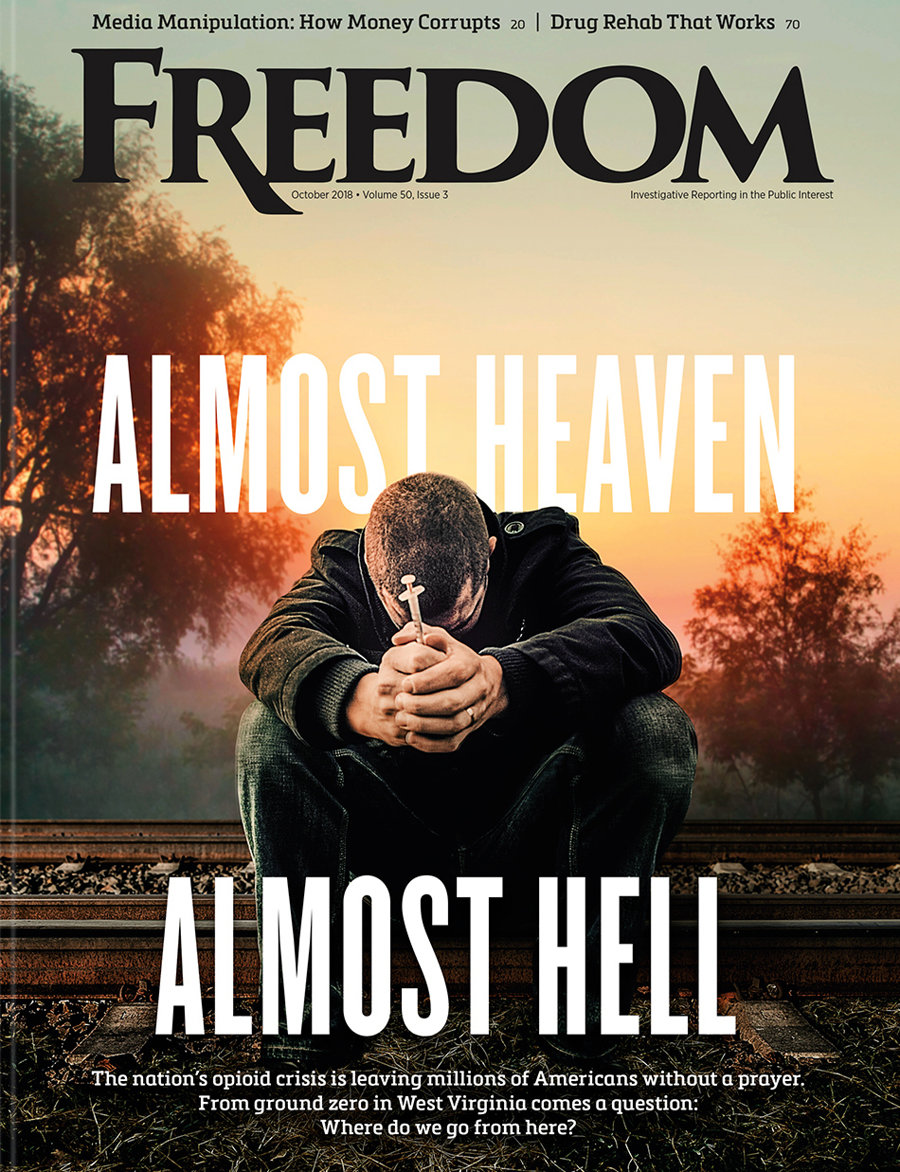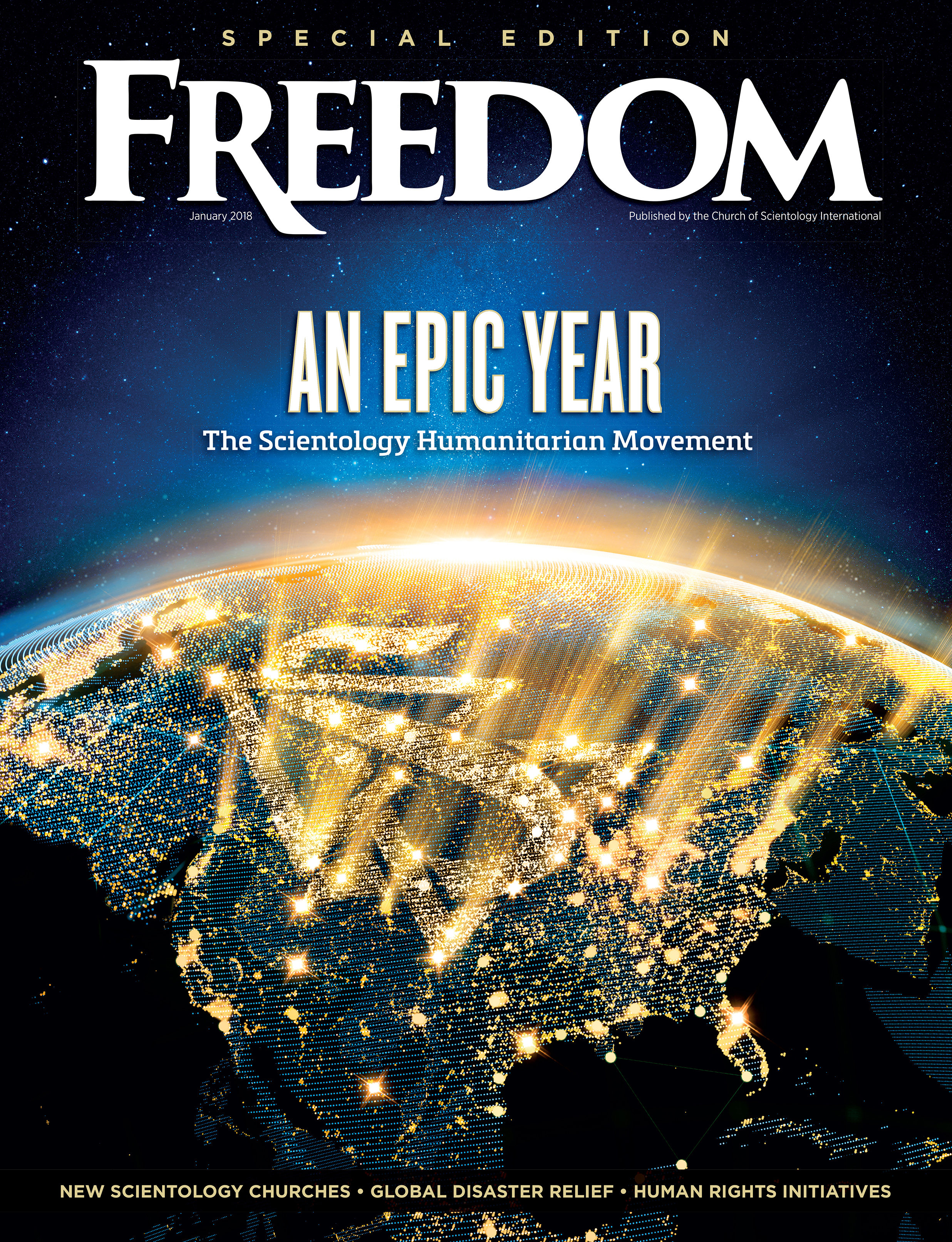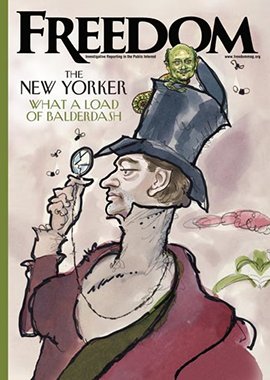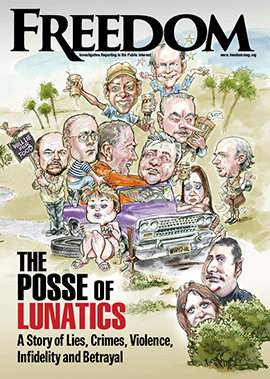t was supposed to be a shortcut to healing. Psilocybin, the hallucinogenic compound in so-called “magic mushrooms,” has been sensationalized in clinical trials as lifting depression, rewiring brain circuits and increasing emotional connection after a single dose.
But new research suggests that, for new mothers, the psychedelic carries not promise but peril.
In a first-of-its-kind study published September 30 in Nature Communications, researchers at the University of California, Davis, discovered that psilocybin worsened postpartum depression-like indicators in mice and triggered long-lasting harms in both mothers and offspring. The findings cut sharply against the psychiatric narrative that psychedelics are safe and near-universal remedies for mental illness.
Researchers wanted to find out if psilocybin helped restore maternal bonding. It did the opposite.
Over the past decade, psychedelics have migrated from counterculture fringe to mainstream psychiatry. That momentum has fueled a booming psychedelic industry, with venture capital pouring into biotech startups and states like Oregon and Colorado legalizing supervised use.
Against this backdrop, UC Davis scientists at the Institute for Psychedelics and Neurotherapeutics asked a deceptively simple question: What happens when psilocybin is given not to a healthy volunteer or depressed adult, but to a new mother?
The research team, led by psychologists Danielle Stolzenberg and chemist-neuroscientist David E. Olson, turned to a mouse model of postpartum emotional struggles. Female mice were placed in a two-cage system with their pups, while a male intruder was introduced to create social stress. In Stolzenberg’s model, stressed mouse mothers ran back and forth to check briefly on their litters before retreating to the pup-free cage—behavior the researchers interpret as avoidance, mirroring the difficulty with bonding that many human mothers describe.
“One of the things that’s discussed consistently in the clinical literature is that moms often feel like they have trouble bonding with their infants when they’re experiencing depressive symptoms,” Stolzenberg explained. “The mouse moms … tend to actively avoid their infants for long periods of time.”
Researchers wanted to find out if psilocybin helped restore maternal bonding.
It did the opposite.
Mouse mothers given a single dose of psilocybin showed more anxiety, less grooming of their pups and heightened stress behaviors. The impairments did not fade quickly. Two weeks later—equivalent to months in a human lifespan—the mice remained withdrawn and anxious. “Two weeks after a single dose of psilocybin, the mothers were dramatically impaired,” said the study’s lead author, Cassandra Hatzipantelis. “We were shocked.”
Perhaps the most alarming discovery came not from the mothers but their offspring. Within 30 minutes of nursing, psilocin—the active form of psilocybin—was detected in the brains of some pups via breast milk, and in all pups within two hours. As they matured, those pups exhibited lasting anxiety, depression-like symptoms, and in males, impaired social behaviors. Direct psilocin injections into infant mice replicated the same deficits, suggesting even brief exposure during development can be permanently damaging.
Nine weeks after weaning, the once-exposed mice still showed reduced interest in sweet rewards—a measure of anhedonia, or loss of pleasure. “We now know that even low doses of exposure can impact offspring for long periods of time,” Stolzenberg said.
The results also cut against the surge of cultural and psychiatric enthusiasm around psychedelics. As Freedom has previously reported, psychiatrists and pharmaceutical companies have seized on psilocybin as the next “cash cow,” marketing it as a cure-all from depression to PTSD, despite scant long-term safety data. Past psychiatric fads—from lobotomy to electroshock to antidepressants—likewise began with glowing claims before the harms became clear.
The researchers emphasize that mice are not humans, and results in rodent models do not guarantee equivalent effects in people. Yet the consistency of the data—worsened maternal behavior, breast milk transfer and intergenerational impact—marks a clear warning sign.
For mothers already struggling postpartum, the implications are sobering. A drug marketed as a shortcut to reconnection only deepens detachment, not only for themselves but for their children.






















